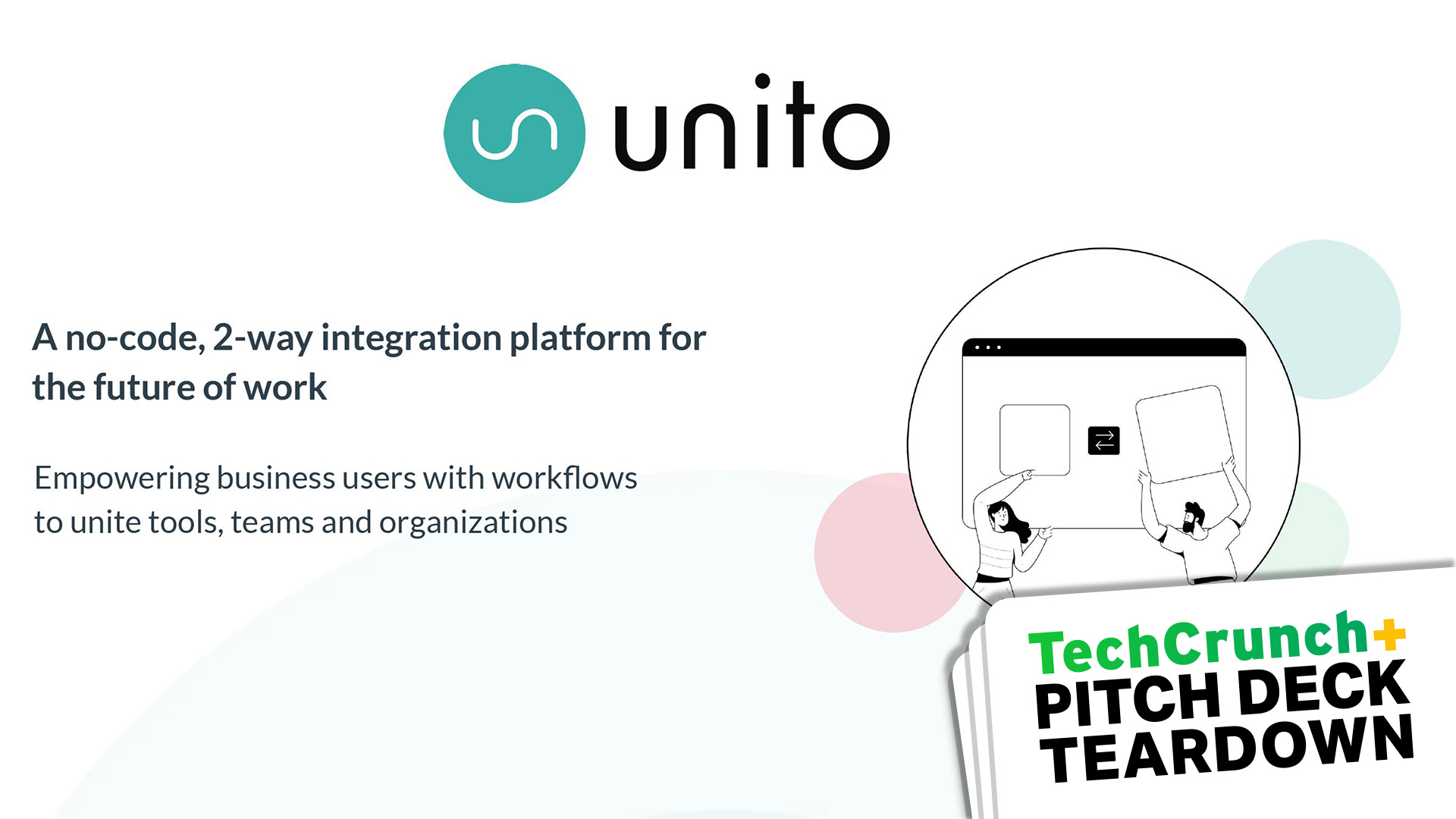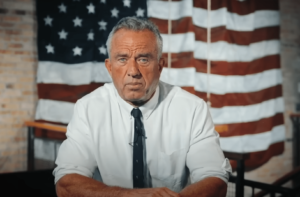
A friend recently spent months getting into shape for a physical so he could obtain a lower insurance rate. He got the policy and plans to continue working out because he feels so much healthier.
Tech companies that plan to buy cyber insurance are in a similar boat: IT managers must conduct risk assessments and usually add new security measures to qualify, but doing the work can be its own reward.
Full TechCrunch+ articles are only available to members.
Use discount code TCPLUSROUNDUP to save 20% off a one- or two-year subscription.
“In the end, the benefits from working through the process of achieving eligibility for cyber insurance can go far beyond the issuance of a policy,” says security strategist Ilia Sotnikov.
In this article, he explains “what cyber insurance actually covers,” identifies the critical measures most insurers require and explains why implementing multifactor authentication may not cure every problem.
Thanks for reading, and have a great weekend.
Walter Thompson
Editorial Manager, TechCrunch+
@yourprotagonist
Pitch Deck Teardown: Unito’s $20M Series B deck

Pitch Deck Teardown Image Credits: Unito
Unito, a platform that lets customers manage multiple SaaS apps in one place, announced a $20 million Series B round in October 2022.
“Strategically, the path Unito built makes a lot of sense, and I’m not surprised that this narrative resonated with investors,” writes Haje Jan Kamps, who unpacked the lightly-redacted deck:
- Cover slide
- Highlights/summary slide
- Market context slide
- Problem slide
- Solution slide
- Product slide
- How it works slide
- Product evolution slide
- Growth/traction slide
- Competition/positioning slide
- Team slide
- Summary slide
5 founders discuss why SAFEs are better for early-stage and bridge rounds

While SAFE rounds are considered founder friendly, most founders only think they are a good idea for certain rounds. Image Credits: Bryce Durbin
Rebecca Szkutak interviewed five founders who raised money via simple agreement for future equity (SAFE) rounds, instead of going the traditional seed/Series A route.
“By the time a startup reaches the Series A stage, this mechanism is less attractive for a variety of reasons,” she writes.
Here’s who she surveyed:
- Zach Blank, founder, Hurry
- Amy Divaraniya, founder and CEO, Oova
- Tory Reiss, CEO and co-founder, Equi
- Arman Hezarkhani, founder and CEO, Parthean
- Vishwas Prabhakara, founder and CEO, Honey Homes
Get the TechCrunch+ Roundup newsletter in your inbox!

To receive the TechCrunch+ Roundup as an email each Tuesday and Friday, scroll down to find the “sign up for newsletters” section on this page, select “TechCrunch+ Roundup,” enter your email, and click “subscribe.”
Click here to subscribe
Ask Sophie: Which US visas are best for international founders?

Image Credits: Bryce Durbin/TechCrunch
Dear Sophie,
I am from Georgia but I live in Poland. I created my startup in Delaware a few years ago. To realize it and grow it, I need to move to the U.S.
I have a business plan and a market plan, but no immigration plan. What’s your advice? Which visa should I apply for?
— Global Georgian
Finding CEO: It’s the new ‘Finding Nemo’

Image Credits: Getty Images / Sakchai Vongsasiripat
It’s rare for a founding CEO to take their company public: As of 2015, “only one-third of startups that reached IPO had their founders as CEOs,” writes Haje Jan Kamps.
Replacing a CEO is a complicated process — senior executives and board members should be aligned, founders must be ready to let go, and the winning candidate needs to get started as quickly as possible.
“In the majority of cases, there comes a time that you need to have a professionally credentialed CEO to take the company to the next level,” said DeeDee DeMan, founder and CEO of executive search firm Bench International.
“And that’s completely dependent upon the acceptance and the mentality of the founding CEO.”
How to prevent an ‘operational catastrophe’

Image Credits: MirageC(opens in a new window) /Getty Images
Julia Ivzhenko, head of operations at Futurra, launched a new edtech app with a 20-person team that answered students’ questions in real time.
Network effects drew in a growing stream of new users, but “we concentrated on scaling and didn’t have time to think if the resources of our team were enough to keep going with such speed,” she writes in TC+.
“To prevent the approaching catastrophe,” she developed a five-step plan that analyzed key processes and highlighted bottlenecks that ultimately generated “a timeline for optimization.”






